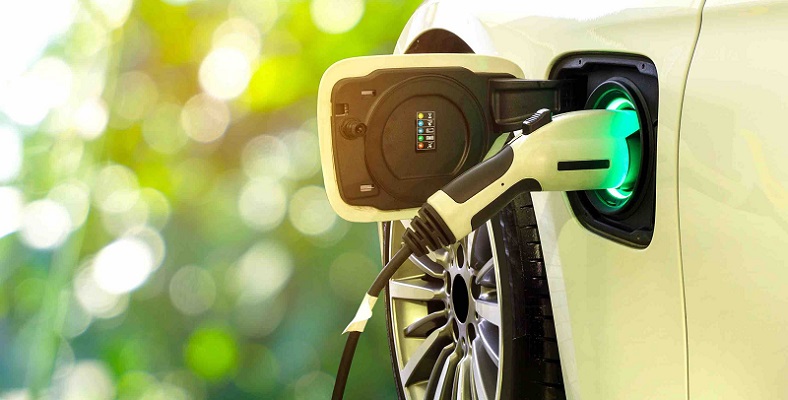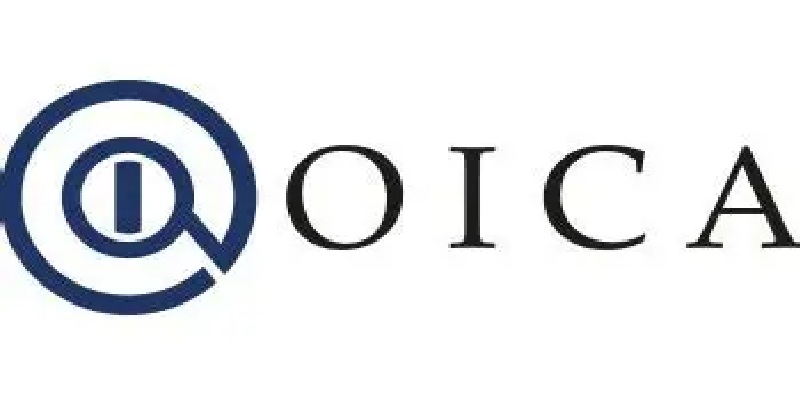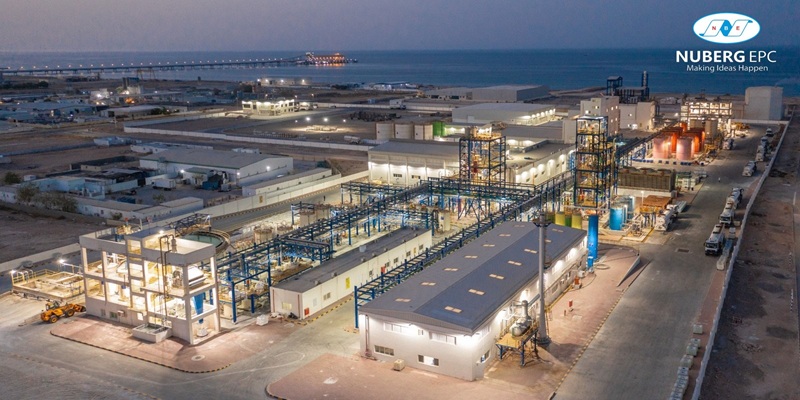Schedule a Call Back
Interim budget 2024: Driving mobility on green path
 Industry News
Industry News- Feb 01,24

Related Stories

Kinetic Engineering Reports Strong EV Momentum, Expands Dealership Network Nationwide
With a profitable financial foundation, a positive demand outlook, and an expanding EV distribution network, Kinetic Engineering Limited is well-positioned to deliver sustainable growth and long-ter..
Read more
Shailesh Chandra Elected OICA President, Hildegard Müller as Vice President
Shailesh Chandra becomes first Indian OICA President; Hildegard Müller named Vice President, highlighting global leadership in automotive sustainability.
Read more
India Triples Rare Earth Magnet Investment to Cut China Reliance: Report
India is set to boost its rare earth magnet manufacturing capacity by nearly tripling its incentive programme to over Rs 70 billion ($788 million), aiming to reduce reliance on China.
Read moreRelated Products

Automotive Oil Pump
Kalpak Auto Pvt Ltd offers a wide range of
automotive oil pump.
Tata Motors unveils facilities for development of Hydrogen propulsion tech
Tata Motors, India?s largest automobile company, unveiled two state-of-the-art & new-age R&D facilities for meeting its mission of offering sustainable mobility solutions. The unveilings constitute of Read more
Tata Motors plans petrol powertrain for Harrier and Safari SUVs
Tata Motors is in the process of developing a new petrol powertrain for its premium sports utility vehicles, the Harrier and Safari, as confirmed by a senior company official. Currently, these models Read more
















